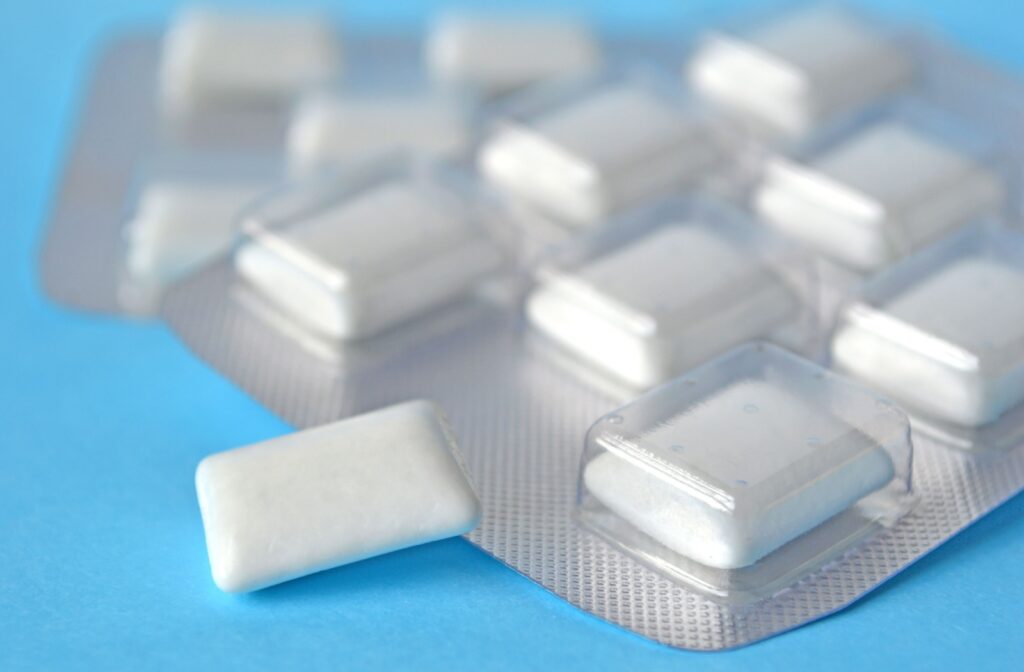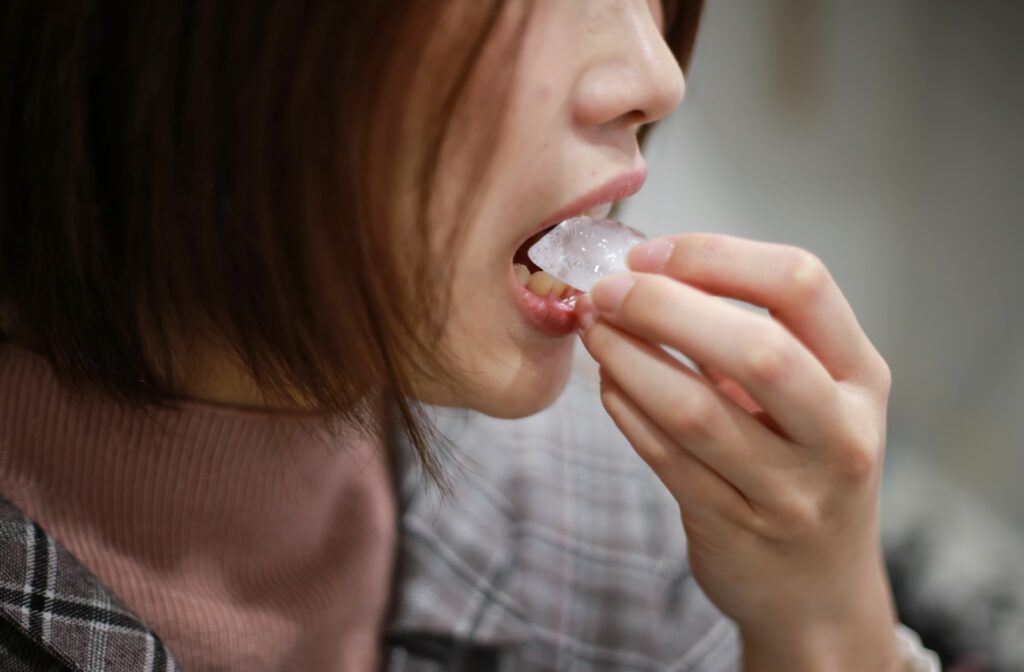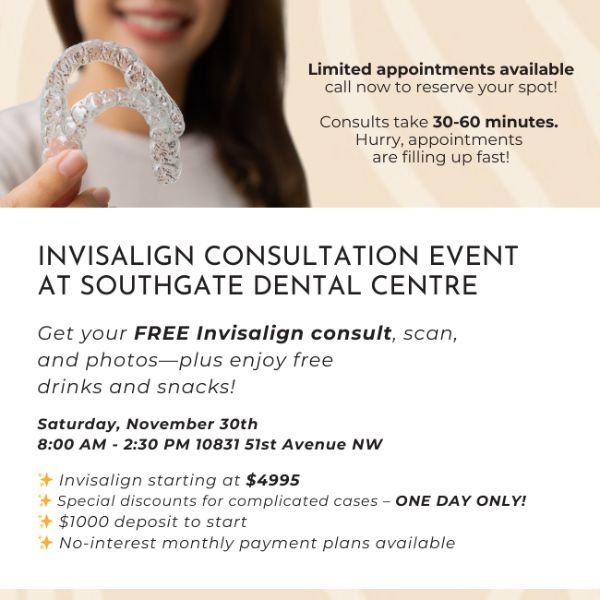Many people enjoy chewing ice, be it because they enjoy the sensation or simply as a way to cool down. What some people might not realize, however, is that chewing ice—or other hard substances—can be bad for your teeth.
Chewing ice can cause a number of negative effects on your teeth, including fractures, enamel damage, and increased sensitivity. This is because ice is hard. When you chew on it, the pressure and force can cause fractures in your teeth. These fractures can lead to more serious dental problems.
The Importance of Enamel
Enamel is the protective outer layer of your teeth. It plays a crucial role in maintaining their strength and overall health. This hard, mineralized substance acts as a shield against harmful elements such as bacteria, acids, and other substances that can lead to tooth damage. It is composed primarily of hydroxyapatite, which provides its structural integrity and resilience.
However, when you chew on a hard substance, you’re putting pressure on this layer, which can cause it to weaken over time. More specifically, the impact of biting down on hard substances like ice can create microfractures in the enamel, potentially leading to enamel erosion and possible fracture. This erosion weakens the enamel, leaving your teeth more susceptible to decay, sensitivity, and other dental issues. To preserve your enamel and maintain optimal oral health, it’s essential to avoid such habits and take proactive measures like regular dental check-ups.
Other Hard Foods to Watch Out For
While ice is a common culprit, there are several other hard foods that you may be consuming without realizing their impact on your teeth. Some of the most common ones include:
- Hard candies
- Popcorn kernels
- Nuts and hard seeds
- Crusty bread
These types of foods can be tough on your teeth, especially when consumed in excess or without caution. It’s essential to chew food slowly and carefully; avoid putting unnecessary pressure on your teeth.
Those with fillings in their teeth need to be especially careful, as the fillings weaken the teeth dramatically, and the remaining enamel can be very easy to fracture.

Tips for Maintaining Good Dental Health
To ensure that you maintain good dental health and avoid any issues caused by chewing hard substances like ice, here are some essential tips to keep in mind:
- Try to avoid chewing on ice or any other hard food item, as this can lead to cracks or chips in your teeth. Ice is particularly hard, and the repetitive stress on your enamel can cause long-term damage.
- If you feel the urge to chew on something, opt for sugar-free gum instead. Chewing gum will stimulate saliva production, which helps neutralize acids in your mouth and can therefore be a great way to satisfy your need to chew without risking your dental health.
- Be cautious while biting into hard foods like nuts or candies. To protect your teeth, consider breaking hard foods down into smaller pieces before consuming them, or else choose softer alternatives to satisfy your cravings.
- Rinse your mouth with water after eating any acidic or sugary food items, as these can weaken your enamel and lead to cavities over time. Drinking water helps wash away food particles and neutralizes acids, promoting a healthier oral environment.
- Brush and floss regularly to remove any plaque buildup and maintain the structural integrity of your teeth. Aim to brush twice a day for at least 2 minutes each time, and don’t forget to floss daily to reach those areas between your teeth that your toothbrush can’t.
- Visit your dentist for regular check-ups and cleanings, which can help identify any early signs of enamel erosion or other dental issues. Regular professional cleanings not only keep your teeth looking their best, but also provide an opportunity for your dentist to catch potential problems before they escalate into more serious concerns.
Alternative Ways to Satisfy Your Cravings
If you find yourself craving the satisfying crunch of chewing on ice or other hard foods, there are alternative options, including:
- Sucking on ice chips instead of chewing them.
- Opting for shaved ice or snow cones, which are a safer and more enjoyable way to consume ice.
- Snacking on healthy alternatives like carrots, celery sticks, or apple slices that provide a satisfying crunch without harming your teeth.
Maintaining optimal oral health is crucial not just for the appearance of your smile but also for your overall well-being. By being mindful of what you put in your mouth and practicing good dental hygiene habits, you can ensure strong and healthy teeth for years to come.
Achieve Your Best Smile with Personalized Dental Care at Southgate Dental Centre
While it may be tempting to chew on ice or hard foods, it’s important to understand the potential consequences it can have on your oral health. By finding healthier alternatives and practicing good oral hygiene habits, you can protect your teeth and maintain a strong, healthy smile.
At Southgate Dental Centre, we’re committed to helping our patients maintain optimal oral health. Our team of experienced dentists can provide personalized advice and treatment for any dental concerns you may have. Don’t hesitate to schedule an appointment with us today for a healthier smile!



